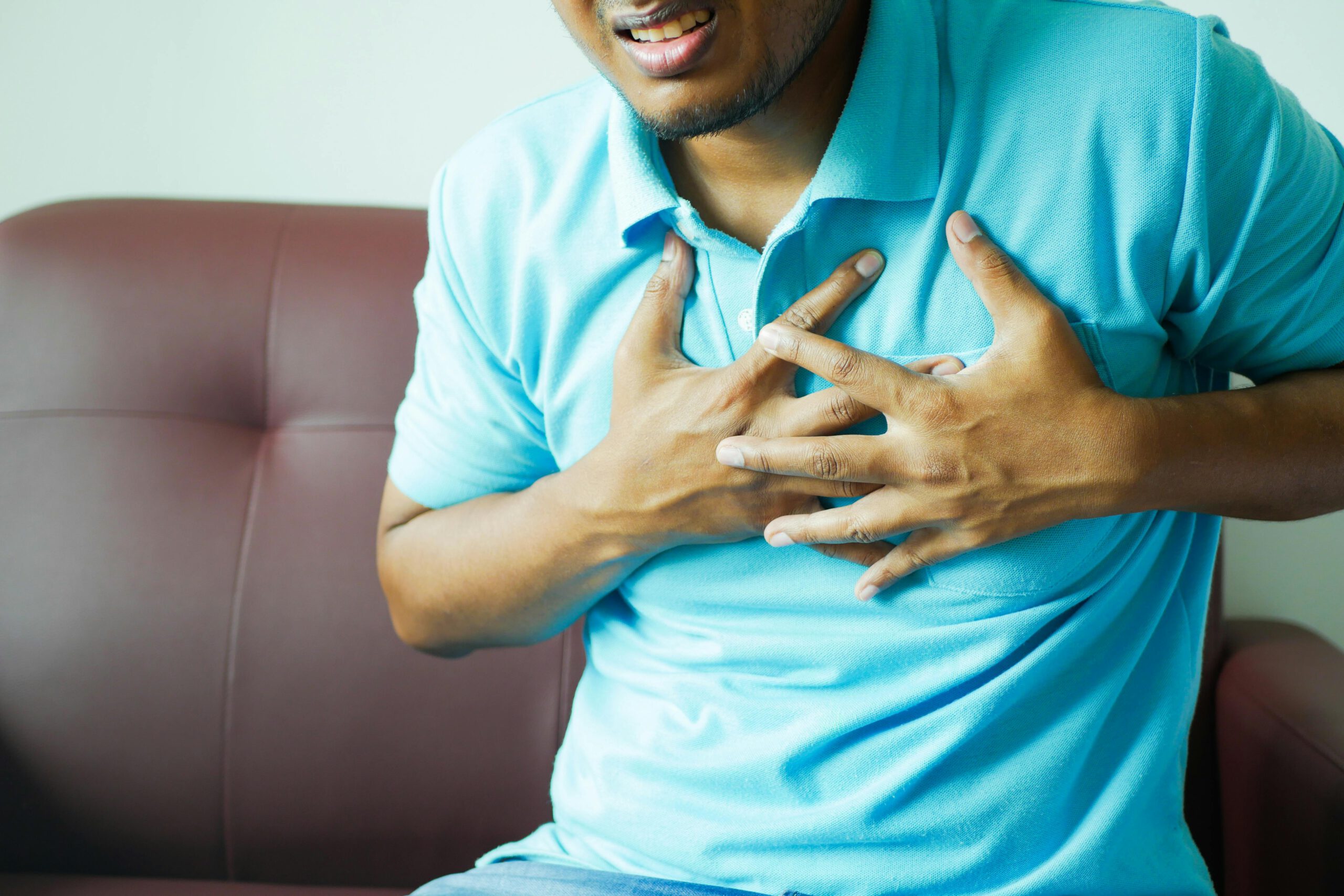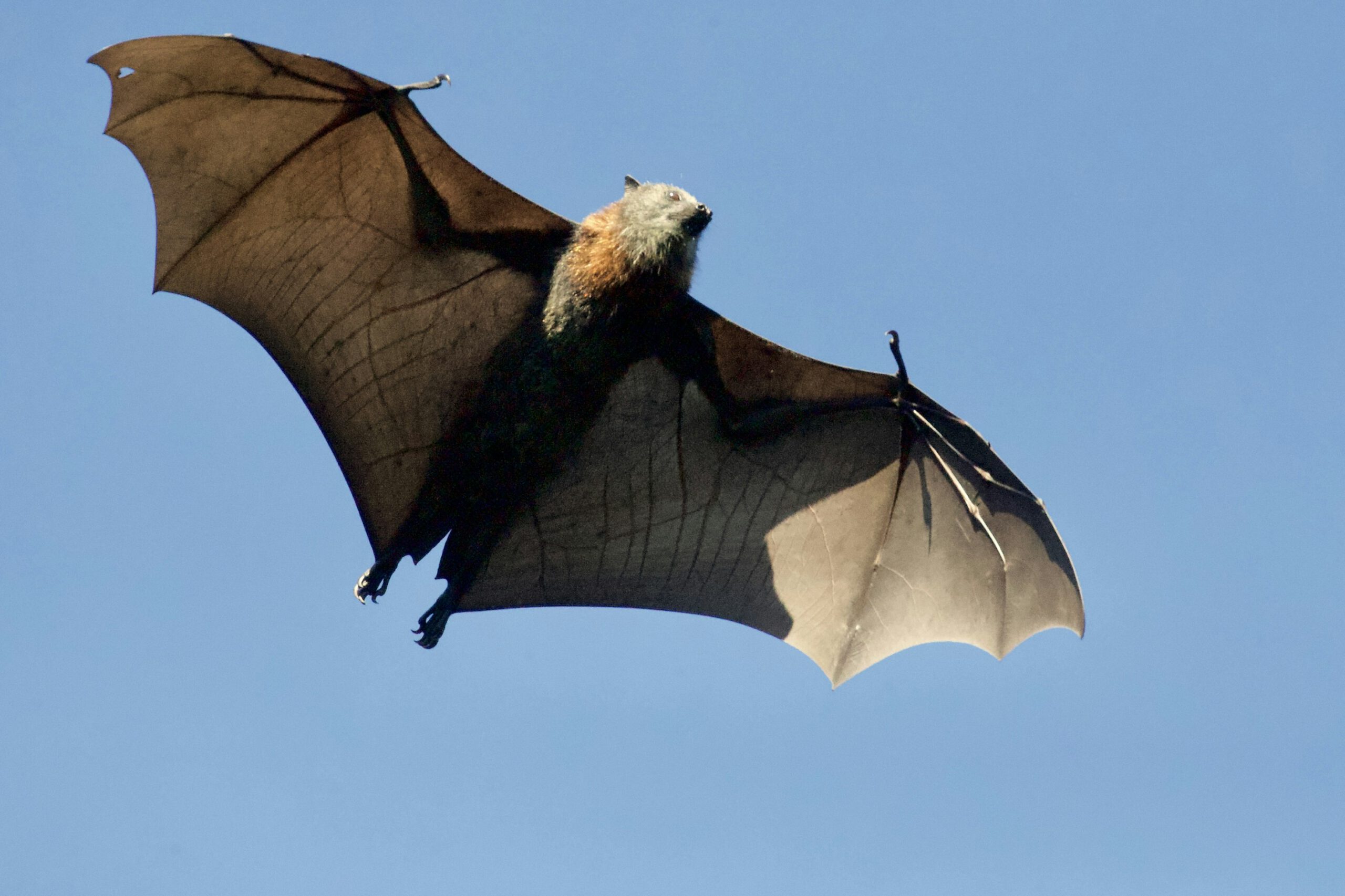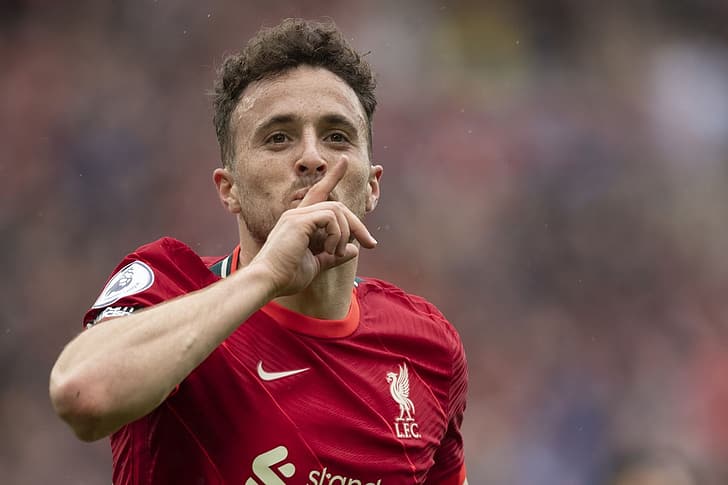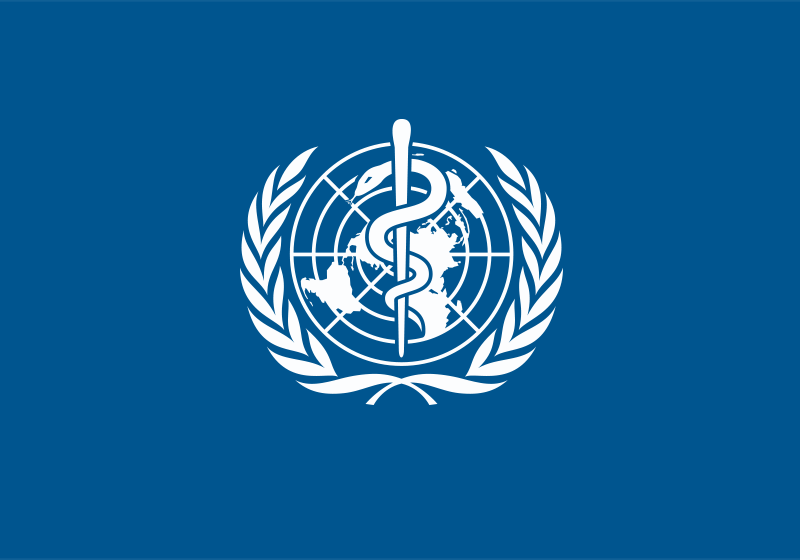Why Does the Heart Suddenly Beat Fast? Here’s a Cardiologist’s Explanation

Have you ever experienced your heart racing suddenly, even when you’re not exercising or startled? This condition can be alarming or cause panic, but it’s actually a fairly common phenomenon in the medical world and is known as palpitations.
What Are Pallpitations?
Palpitations refers to the sensation of feeling your heartbeat more intensely whether it’s faster, stronger or irregular. You may feel it in your chest, neck or throat. According to cardiologists, palpitations are usually harmless but in some cases, they may signal an underlying heart issue that needs attention.
Causes of Sudden Rapid Heartbeat
Cardiologists list several key factors that can trigger a sudden increase in heart rate:
1. Emotional Stress and Anxiety
Stress, panic or intense emotions can stimulate the release of adrenaline, which speeds up the heartbeat.
2. Excessive Caffeine and Sugar Intake
Drinks like coffee, tea, and energy beverages contain caffeine that can accelerate the heart rate. High sugar intake may also have a similar effect.
3. Lack of Sleep or Fatigue
Inadequate sleep or extreme tiredness can disrupt the autonomic nervous system, causing the heart to work harder.
4. Thyroid Problems
An overactive thyroid (hyperthyroidism) can increase metabolism and accelerate the heartbeat.
5. Iron Deficiency (Anemia)
When the blood lacks sufficient oxygen due to anemia, the heart compensates by working harder to supply oxygen throughout the body.
6. Electrolyte Imbalance
Electrolytes such as potassium, calcium, and magnesium are crucial for proper heart muscle function. An imbalance may lead to palpitations.
7. Heart Rhythm Disorders (Arrhythmias)
Palpitations may also be an early sign of arrhythmia a disorder in the heart’s electrical system. In such cases, further medical evaluation is essential.
When Should You Be Concerned?
- Occasional palpitations are usually not dangerous. However, seek immediate medical attention if you experience:
- Palpitations along with chestt pain,shortness of breath,dizziness or fainting
- A very rapid heartbeat (>120 bpm) while at rest
- Frequent or prolonged episodes of palpitations
- A family history of heart disease
- Natural Ways to Reduce Palpitations
Here are cardiologist recommended tips to help reduce the risk of sudden rapid heartbeat:
- Practice relaxation techniques suchas deep breathing,meditation or yoga
- Reduce intake of caffeine, alcohol, and avoid smoking
- Ensure adequate sleep least at 7 hours per night
- Engage in light, regular exercise
- Stay well-hydrated and avoid dehydration
- Go for regular health check-ups, especially if other symptoms are present
Sudden rapid heartbeats can be worrying, but they are not always a sign of danger. Many daily factors like stress, caffeine, or lack of sleep may be the cause. However, if they come with other symptoms such as chest pain or difficulty breathing, don’t hesitate to consult a doctor.
Disclaimer: This article is intended for general reference only and is not a substitute for professional medical advice. Please consult a specialist if you experience concerning symptoms.







